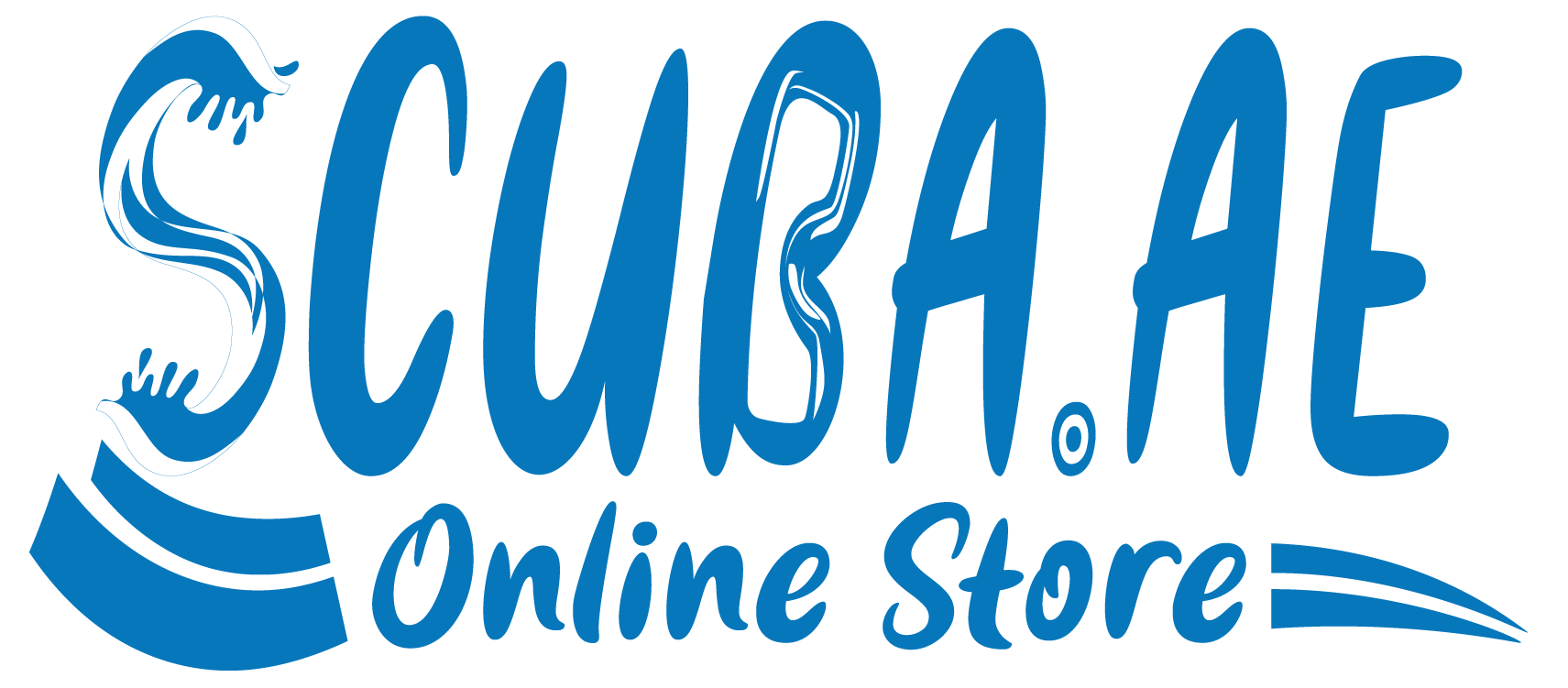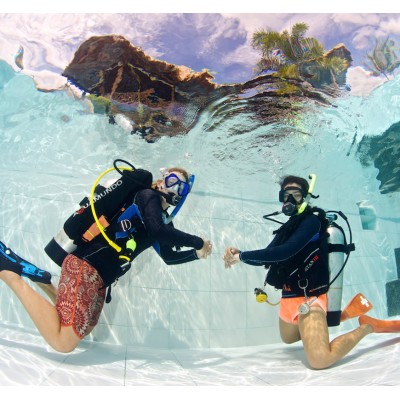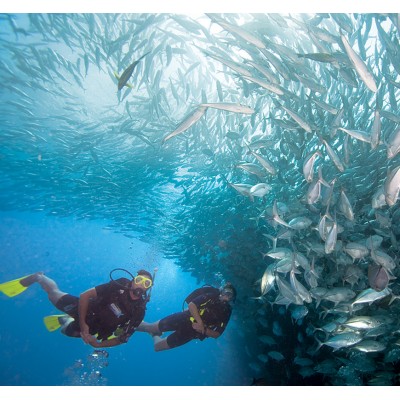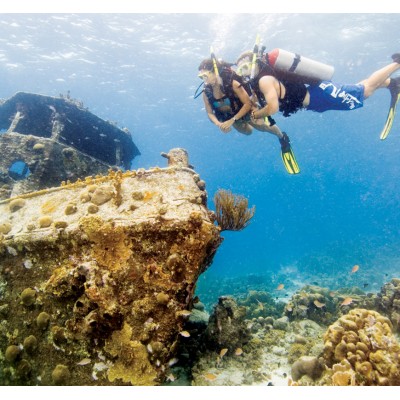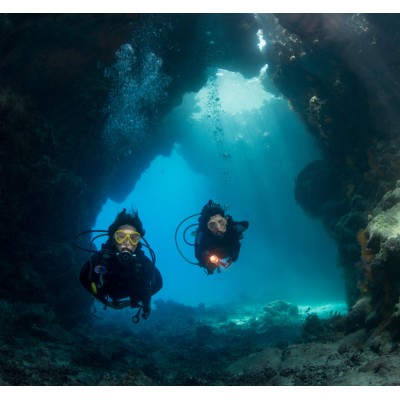Are you ready to join the ranks of the dedicated professionals who teach the world’s most progressive and popular scuba diver education programs? Then Go PRO with an Instructor Development Course and become a PADI Instructor.
Teaching scuba diving allows you to share your love of the aquatic world with others while doing what you enjoy – being in, around and underwater.
The Instructor Development Course (IDC) is made up of two parts – the Assistant Instructor (AI) course and the Open Water Scuba Instructor (OWSI) program. Most dive professionals complete the entire IDC and go on to attend an Instructor Examination (IE), which is the final step to earn a PADI Instructor certification.

